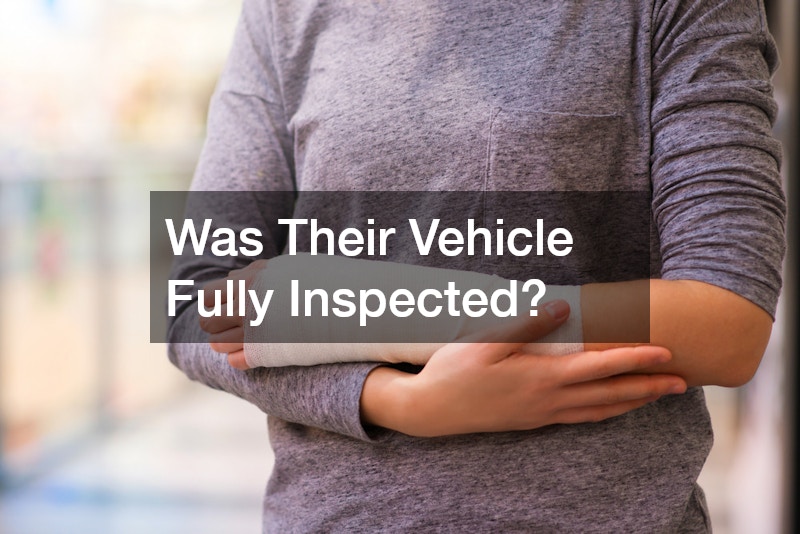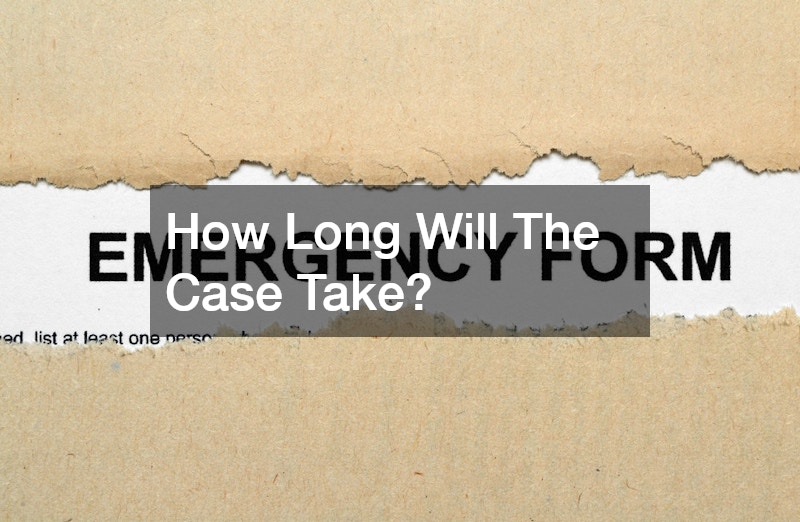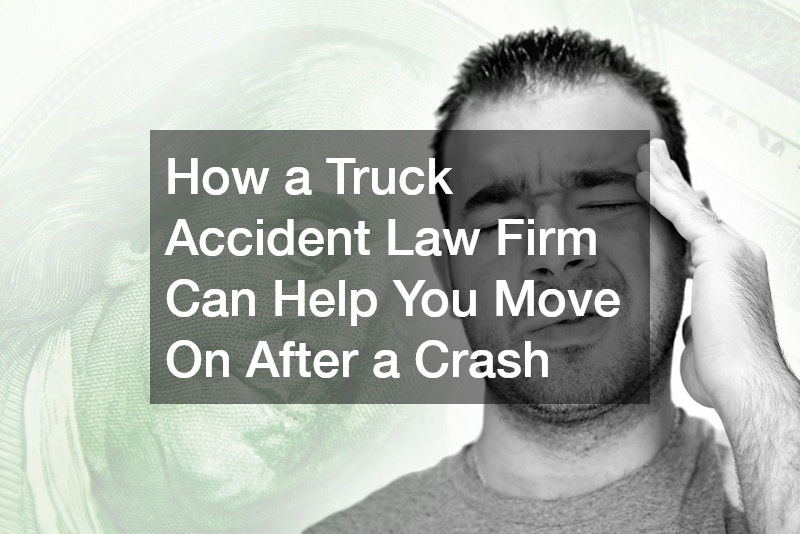The immediate aftermath of a car accident often leaves victims feeling overwhelmed and unsure of the necessary steps to take. From the chaotic scene of the accident itself to the myriad follow-up tasks, such as seeking medical attention, assessing damage, and filing insurance claims, the experience can be daunting. Amid this turmoil, understanding the legal landscape becomes crucial. Securing proper legal advice and support can make the difference between a fair settlement and significant financial losses, especially when dealing with insurance companies that may aim to minimize their payouts. This guide provides essential insights to navigate these complexities effectively, shedding light on what to ask a car accident lawyer to safeguard your rights and optimize your recovery.
The guide outlines various aspects, from licensing and vehicle inspections to injury documentation and claim timelines. For instance, determining if the other driver had a valid license at the time of the accident can impact both liability and the strength of your claim. Unlicensed drivers complicate the insurance process, and understanding this legal element is essential in building a sound case. Similarly, knowing whether the other vehicle was fully inspected and maintained can reveal crucial factors influencing liability. Mechanical failures resulting from poor maintenance could shift blame, affecting the distribution of fault in your favor.
Car accidents are an unfortunate reality of modern life, sparking a whirlwind of confusion and concern over what steps to take next. From assessing vehicular damage to seeking medical attention for injuries, there’s an array of critical considerations that victims must tackle swiftly. Amid these tasks, understanding the legal aspects of a car accident becomes pivotal in ensuring the protect of one’s rights and securing fair compensation. With millions of car accidents occurring annually, knowing what to ask a car accident lawyer is key to navigating the daunting aftermath effectively. This guide seeks to unravel the complexities surrounding car accident claims, offering clarity on the steps individuals should undertake post-accident. We will explore critical topics like licensing, vehicle inspections, and more, framed within the often-overlooked legal dimensions. This knowledge empowers victims to deal more confidently and efficiently with the intricate web of law, insurance, and repair concerns that follow such incidents.
Proving the connection between the accident and your injuries is also vital for successful claims. Immediate medical attention is not only essential for health but also for documenting injuries in real-time, forming a clear link between the accident and any resulting harm. This medical documentation becomes pivotal during negotiations with insurance adjusters or in court, where a clear record of injury-related expenses bolsters your compensation claim. It’s wise to ask your lawyer about the specific types of evidence that can support injury claims effectively.
Did The Person Have a License?
Understanding whether the at-fault driver had a valid license at the time of the accident can influence the progression of your case. The learners permit exam is an essential step for drivers, yet not everyone abides by the related legal requirements. An unlicensed driver often complicates insurance claims and legal proceedings, and knowing this detail is crucial in constructing a sound legal strategy.
When meeting with a lawyer, one must prepare questions, especially what to ask a car accident lawyer regarding licensing issues. Enquire about how an unlicensed driver might affect your claim and what legal recourse is available. Your lawyer can help you navigate the nuances tied to licensing laws and how they may impact the case outcome.
Additionally, understanding the validity and conditions of any vehicle’s permit might shape your legal options. This knowledge becomes a cornerstone in discussions with a car accident attorney, potentially altering the strategic direction of your case. Consulting legal expertise will help clarify the pathway forward.
Was Their Vehicle Fully Inspected?

Vehicle inspection plays a crucial role in maintaining road safety, yet many skip this critical step before an accident occurs. Ensuring vehicles are inspected and maintained helps determine liability during a car accident claim. This inspection can identify potential mechanical failures that may have contributed to an accident.
Approaching a lawyer, one should be equipped with specific inquiries, including what to ask a car accident lawyer about the implications of vehicle inspections. Discuss whether the lack of inspection affects liability and compensation in car accident cases. A lawyer will guide you on how prior inspections—or the lack thereof—might impact insurance and legal dimensions.
The inspection status of a vehicle also ties into wider discussions about repair responsibilities and failed maintenance. This can often form a convincing argument in negotiations with auto insurance companies. By understanding this element, you can better position your case for a fair settlement.
How Do I Know My Injury Came From the Accident?
Proving that your injury directly resulted from a car accident is pivotal in any legal or insurance claim. Immediate medical examinations post-accident can establish a timeline and a causal link to injuries sustained. Collecting detailed medical records is essential to strengthen your case.
In consultation, one should know what to ask a car accident lawyer to explore the connection between an accident and subsequent injuries. Enquire about the type of evidence required and what medical documentation best supports your claim. An experienced car accident attorney can guide you on legal tactics for establishing causation effectively.
Documenting symptoms and changes in health is also vital. Continually updating your lawyer with new medical reports helps build a comprehensive injury profile linked to the accident. This evidence is crucial when negotiating with injury lawyers or insurance companies for fair settlement terms.
How Long Will The Case Take?

The duration of a car accident case can vary greatly, often influenced by factors including the extent of damages and cooperation from involved parties. Some cases resolve quickly through settlements, while others may require extended legal proceedings. Understanding the potential timeline helps manage expectations and prepare for the legal journey ahead.
Asking a lawyer how long your case might take is an essential part of what to ask a car accident lawyer. Query the effects of case complexity, court backlog, and evidence collection on timeframes. Their insight will offer a realistic prediction, helping you plan financially and logistically for the process.
Tackling necessary vehicle repairs promptly, such as those handled at a brake shop or transmission repair center, can influence case timelines too. Ensuring vehicles are assessed quickly can expedite inspections and reports required for your claim. Thus, a collaborative approach between legal and repair experts often aids in swifter resolutions.
What Exactly Is the Damage?
Assessing the full extent of both vehicular and personal damage after a car accident is crucial in formulating an effective claim. Damage can range from physical injuries to substantial car repairs like transmission repair, which require careful documentation for insurance purposes. Accurately evaluating damage helps outline the compensation figure sought.
Knowing what to ask a car accident lawyer about accurately representing damages in claims is vital. Inquire about obtaining expert repair evaluations or medical opinions, emphasizing thoroughness in strengthening your case. This comprehensive assessment equips your lawyer with necessary details for effective negotiation.
Moreover, understanding damage quantification aids in apprising your situation to auto insurance companies. Clearly outlined repair and recovery costs ensure transparent communication with insurance adjusters, fostering smoother settlement discussions. Proper damage assessment forms the bedrock of argumentation in your favor.
Should I Wait to File a Claim?
Filing a claim too quickly, or delaying unnecessarily, can significantly affect the outcome of a car accident case. Decisive yet timely action becomes essential to the resolution of claims, ensuring you adhere to statutory deadlines known as statute limitations. Missing these windows can hinder your ability to seek compensation effectively.
Consider what to ask a car accident lawyer regarding the timing of your claim. Discuss potential implications of immediate or delayed actions and how third party medical billers might influence this decision. A skilled lawyer provides insights on the optimal filing window that aligns with your state’s specific legal requirements and deadlines.
Furthermore, deliberate timing ensures a comprehensive accumulation of evidence, enhancing case strength. Crucial documents like medical or vehicle assessments might get omitted in haste, weakening the overall claim. Hence, a balanced approach to filing ensures all aspects are adequately addressed.
What Can I Do to Alleviate Any Potential Issues?

Post-accident, taking proactive steps can mitigate potential legal and insurance complications, easing the claims process. Simple actions, from prompt medical checks to safeguarding evidence, can bolster your case and streamline proceedings. Implementing precautionary measures affords you greater peace of mind.
Asking your lawyer about measures to prevent future issues forms a key part of what to ask a car accident lawyer. Explore strategies to minimize risk moving forward, including proper car maintenance such as a regular car wrap for vehicle integrity. Such practices not only reinforce personal safety but also secure stronger footing in legal negotiations.
Additionally, early documentation of all incident-related interactions and developments defends against discrepancies and misinformation. This record-keeping assists lawyers and insurance adjusters in navigating claims effectively, reducing potential conflict outcomes. Staying organized remains a powerful tool in dispute resolutions.
Will Their Insurance Cover My Costs?
Understanding the extent of coverage from the at-fault driver’s insurance is crucial in determining your claim’s viability. Insurance companies assess accident claims critically, often scrutinizing details like liability and damage specifics. Knowing potential coverages aids in formulating realistic financial expectations.
When consulting about your coverage, knowing what to ask a car accident lawyer is essential. Ensure you ask how at-fault party policies, including those of partnered auto insurance companies, may influence your compensation prospects. Thorough comprehension aids in navigating negotiations effectively.
Moreover, exploring alternative coverage routes, including your insurance policy or third-party claims, enhances your fiscal security post-accident. This understanding fortifies your position and prepares you for varied negotiation scenarios with insurance representatives or legal adversaries.
Can An Attorney Help Me Get a Fair Settlement?

Engaging an attorney specializing in car accidents often provides a significant advantage in securing fair settlements. Their legal expertise and negotiation skills become critical assets, especially when dealing with insurance companies aiming to minimize payout. A lawyer’s involvement ensures your rights receive staunch advocacy throughout the process.
Knowing what to ask a car accident lawyer in this context will determine your choice of legal representation. Discuss your need for well-versed injury lawyers experienced in similar cases with a proven track record. Their insight into claims processes can often spell the difference between compensated recovery and prolonged disputes.
Attorneys also streamline interactions with all involved parties, from insurance to medical personnel, allowing you to focus on recovery. Their guidance through legal complexities ensures adept handling of settlement discussions, maximizing compensation received for damages and injuries sustained.
Is My Car Totaled?
Determining whether your vehicle is totaled—in other words, beyond reasonable repair—affects both claim value and logistics. This assessment primarily depends on the cost to repair versus the vehicle’s actual cash value before the accident. Understanding this distinction informs your insurance and financial decisions.
In your evaluations, knowing what to ask a car accident lawyer about totaled vehicles is crucial. Discuss options for fair compensation and how the demolition threshold gets assessed legally and through insurance frameworks. Comprehensive appraisal aids in aligning claim expectations realistically.
Moreover, familiarizing yourself with repair versus replacement costs beforehand can expedite insurance negotiations. Clarity in this matter supports accurate claim filing, assisting you in addressing potential disputes effectively with insurers over valuation perceptions.
Navigating the aftermath of a car accident requires a multi-faceted approach, blending legal, medical, and financial considerations to regain normalcy and closure. By understanding key areas such as licensing, inspections, and damages, victims can engage more fruitfully with the intricacies of legal proceedings and insurance claims. Equipped with vital insights, courtesy of knowing what to ask a car accident lawyer, victims can advocate more effectively for their rights and needs.
Each step in this guide, from evaluating injuries and damages to deliberating insurance coverage, aims to empower individuals with actionable knowledge. This preparation, paired with legal expertise, ensures confident advocacy amidst challenging post-accident scenarios. A well-informed victim is better positioned to navigate disputes, advocate for rightful compensation, and achieve more satisfactory resolutions.
In closing, understanding these integral aspects and preparing adequately with professional guidance provides a sound foundation for facing any car accident’s aftermath. These strategies, conducted with diligence, prepare victims for effective resolution, ensuring their well-being and rights receive the utmost consideration and support.



